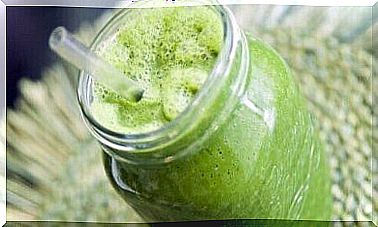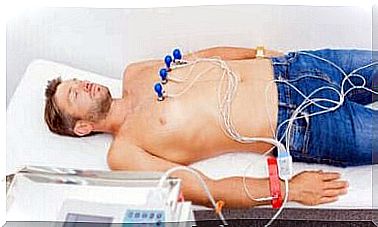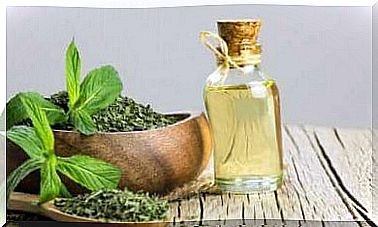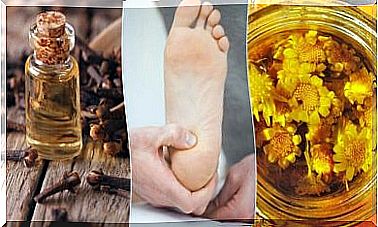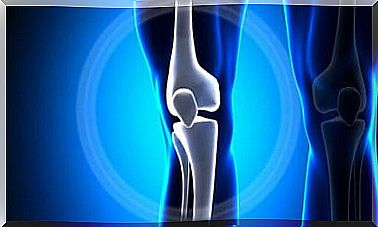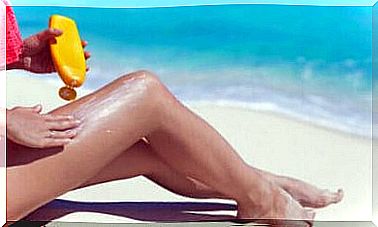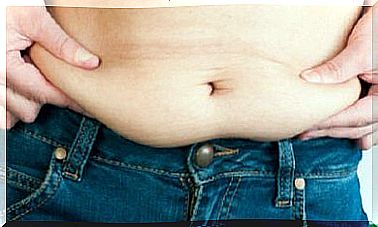Treatment After Wisdom Tooth Removal
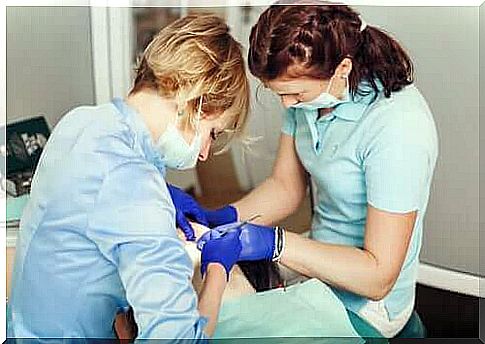
Fear of dentistry is a fairly common problem, and many would like to skip dental visits for fear of pain. One of the frightening measures is the removal of the wisdom tooth. The operation itself can be uncomfortable, in addition to which pain and sometimes other complications can occur after wisdom tooth removal, although they are moderately rare.
Wisdom teeth are a person’s third cheek teeth that usually erupt around the age of 20. However, not all of them break out. It is estimated that about 2% of Finns have congenital wisdom teeth completely. For some, wisdom teeth cause even nasty symptoms, while others don’t actually even notice their onset. Usually, however, wisdom teeth need to be removed, even if they do not cause pain or other obvious symptoms.
Why do wisdom teeth have to be removed?
Thus, wisdom teeth typically erupt around the age of 20 and only very rarely after the age of 25. By this point, the other permanent teeth have already erupted, and the dental arch may not have enough space for wisdom teeth. This can cause a wisdom tooth to press on an adjacent tooth or grow into an unfavorable position.
Sometimes the tooth does not fit at all to erupt, which can cause pain and other problems. If, on the other hand, the wisdom tooth punctures the mucosa but cannot grow properly, the bacteria in the mouth can pass into the pocket between the tooth and the gum. That space is difficult to clean, causing bacteria to cause inflammation in the tissue surrounding the tooth. Inflammation is usually characterized by pain, swelling, bad taste in the mouth, and bad breath. More serious symptoms include fever, difficulty opening the mouth, and in some cases, wet abscess. Even if inflammation does not occur, an erupting wisdom tooth can cause vague symptoms in the jaw area.
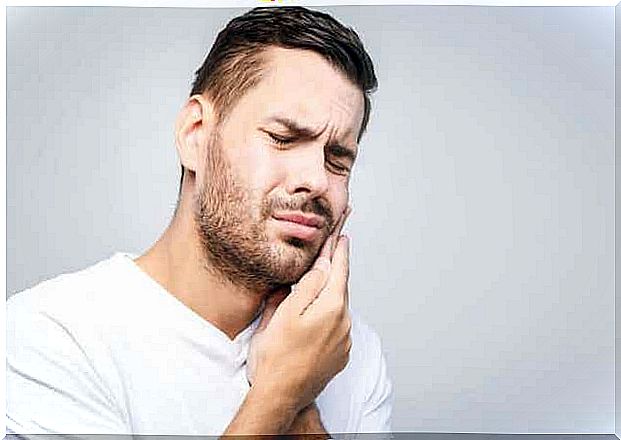
Wisdom tooth removal
The eruption of wisdom teeth cannot be influenced by oneself. Young people approaching adulthood should check their wisdom teeth regularly, even if there are no symptoms yet. The dentist will be able to use x-rays to assess whether wisdom teeth will cause problems later. In some cases, the wisdom tooth is removed proactively before it has erupted. It is recommended that wisdom teeth be removed at the age of 25 at the latest, as later tooth removal is more challenging and recovery is more difficult.
Completely erupted wisdom teeth can usually be removed, like other teeth, under local anesthesia using a lever and forceps. If a wisdom tooth has only partially erupted, it must be removed by cutting. Also in this case, local anesthesia is used to prevent pain. The wisdom teeth are usually easier to remove than the wisdom teeth. Removal of a tooth without surgery usually takes 15 to 45 minutes and about half an hour by cutting.
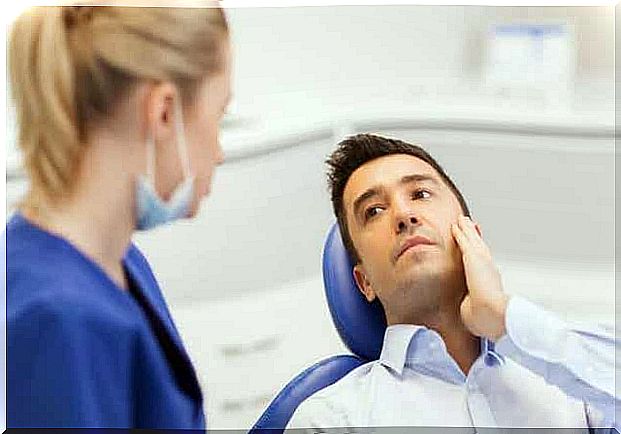
Treatment after wisdom tooth removal
After the procedure, the patient is prescribed painkillers such as ibuprofen or paracetamol. If a patient is at increased risk of inflammation, they will also be prescribed antibiotics. The chin can also be treated with a cold bath to prevent swelling. After the removal of a wisdom tooth, there may be pain that usually eases in 1 to 3 days. If the tooth was removed with surgery, recovery will take a little longer, usually three days to a week.
Recovery from wisdom tooth removal can be promoted in the following ways:
- Spitting should be avoided immediately after the procedure to prevent the wound from bleeding. The wound should be taken care of in every way anyway.
- After the procedure, you should rest. Severe physical exertion should be avoided for about a week. Saunaing is also not recommended.
- Eating and drinking should be avoided for at least three hours after the procedure. After this, you should eat and drink soft and cool foods and drinks. You should drink plenty of water and avoid alcohol and coffee. Mouthwash should also not be used on the day of the procedure.
- Smoking and the use of snuff should be avoided until the wound has healed.
